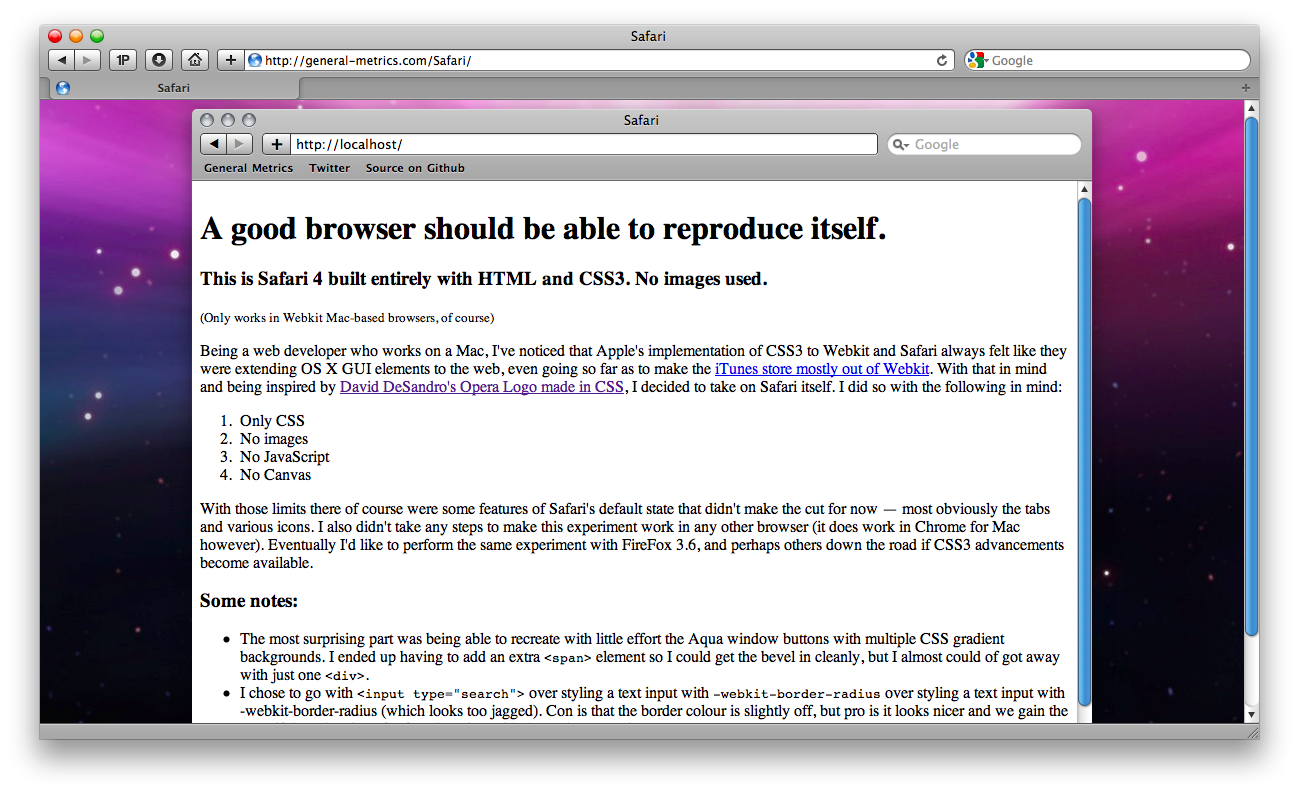You’ve probably heard that Apple is officially accepting submissions for iPad apps that will go into the iPad App Store; to be part of the “grand opening”, you’ll have to submit your app for review by March 27th. And unless specific conditions are met, I suggest you don’t do so.
It’s perfectly reasonable that developers want to jump on the wagon as soon as possible, submitting the app next week thus having it available when the iPad comes out and people will to spend money because they want new apps. Users will open the App Store knowing that they’re about to spend money because they need apps for their new toy, and we all know that a device is what apps make it. It’s a good thing that you (devs) are hurrying to have a stable version of your new app, and I understand that being among the first ones will be a terrific opportunity for you to get noticed, rise the charts and make money. But if you don’t pay attention now, that’s not gonna happen.
You don’t want to have an app that doesn’t work, just as you don’t want your inbox full of emails from users complaining about menus not working and crappy support for multitouch gestures. You won’t be able to test your new app on an actual iPad before the 27th, you’ll be submitting an application tested with a mouse and keyboard rather than hands and fingers. That’s insane. As much as the iPad simulator can work just fine, and as much as you think you’re good at Cocoa development, you’ll submit an incomplete software. Would you buy a car, knowing that its creators have never tested it on the road? I wouldn’t, honestly.
But spending bucks in the App Store is different from buying a new car. People will just fire up their credit cards and buy, buy, buy. So probably you’re playing this game, and you’re going to submit an incomplete and untested application because you know that people will buy it anyway. Now, let me ask you this: how long is that going to last, before people will start telling everyone that your app doesn’t work? Reviews will start appearing in the iTunes page and, eventually, you’ll be screwed. You’ll be the developer that thought he could make money just by selling crap on the first day. Are you sure you want to play this game?
I think that being a developer doesn’t only involve being good at Cocoa. You have a reputation, you’ve got an user base of customers that trust you, and you can’t betray them for an early gold rush. This is a different situation from the launch of the iPhone App Store: you had the chance to test your app on a real device back then, you knew how things were working, you knew how it would feel.
You have to remember that feeling an application is way more important than just having it available. And by submitting your incomplete application by March 27th, you’re putting the gold rush before the feel, and yourself.


